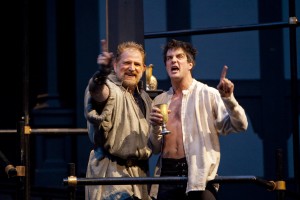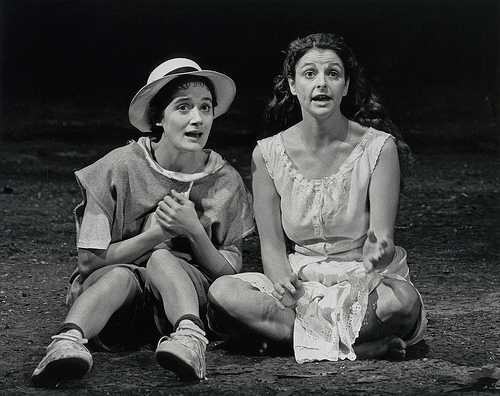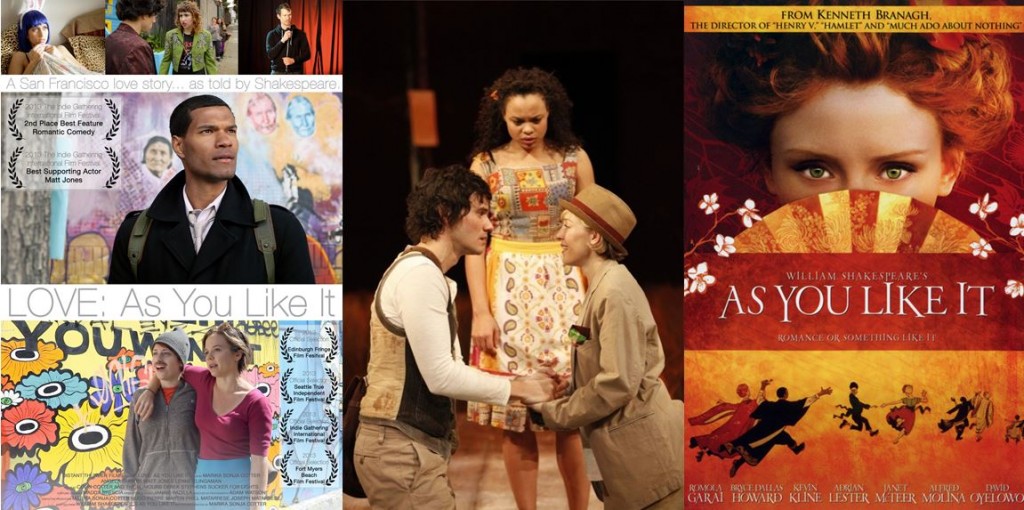After twenty-five years, the Bell Shakespeare company continues to make the Bard’s body of work relevant and exciting to Australian audiences. It’s creative development arm, named Mind’s Eye, dares artists to explore connections to the contemporary world, and in 2009 they dared to reconcile Shakespeare’s As You Like It with the genre of Hip-hop. Continue reading







